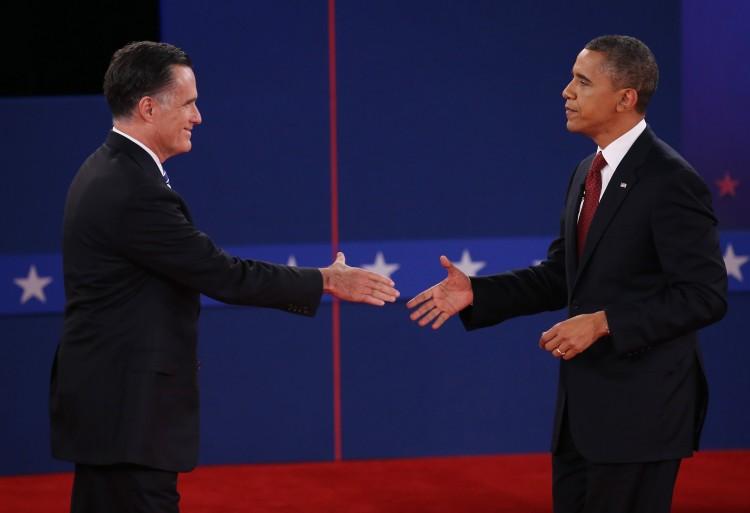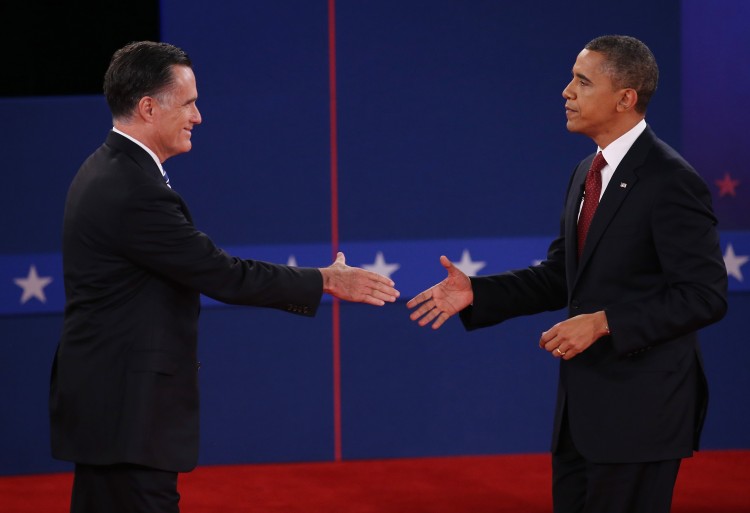WASHINGTON—The presidential race between President Obama and Mitt Romney is tight and with less than 20 days to go, the third and last presidential debate Monday night will be critical for both candidates.
Dr. Craig Smith, a communications professor at California State University–Long Beach, believes with the race so close the two candidates will approach the third debate cautiously.
“It is going to be their last impression,” he said. “It is a big risk to go too far and push something.”
A lackluster performance from President Obama and a strong showing by his Republican opponent allowed Romney to gain the upper hand in the first debate. The president fought back in last week’s town hall debate, refuting Romney’s criticism of his administration and putting the two candidates on an even footing.
Nearly 66 million television viewers watched the second debate, around 1 million less than those that watched the first, according to Nielsen ratings.
With the race so tight the viewer numbers are expected to be high for Monday’s event, particularly when online and next day viewers are included.
While such a huge audience is an opportunity, each of the candidates will also be worried about causing an upset so close to the elections, says the University of Maryland’s Dr. Kathleen Kendall, a specialist in presidential campaign communication.
“They will also be especially careful not to make a huge mistake ... and not to ruin things at the end because they will not have that size of an audience again to make things right,” she said. “So this puts a lot of pressure on them.”
The third debate, to take place at Lynn University in Boca Raton, Fla., will follow the same format as the first, with six 15-minute segments on prescribed topics.
Moderated by CBS News frontman Bob Schieffer, the debate will focus on foreign policy and five specific topics. Four of the segments will focus on the Middle East and conflict zones, two segments dedicated to The Changing Middle East and the New Face of Terrorism, and one each on Our Longest War–Afghanistan and Pakistan, and Red Lines–Israel and Iran.






